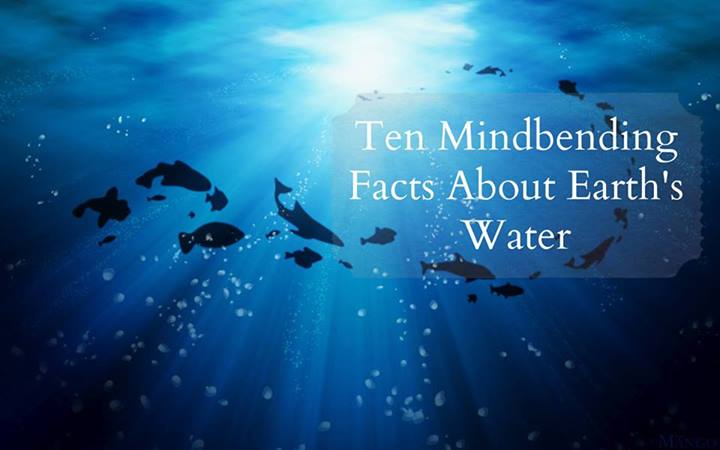

If someone were to ask me, “what’s the most important substance in existence?” Without hesitation, I would answer with “water.” Not only does water make up a substantial portion of the human body, but without it, we wouldn’t exist. Similarly, if all of it disappeared tomorrow in one-fell-swoop, we would wither up and die soon after. With that said, based on how seemingly plentiful it is on Earth, it’s easy to forget that, for the most part, water is a scarce resource. In this list, we’ve complied some of the most interesting facts we have about water and the role it plays here on Earth.
[su_heading size=”25″ align=”left”] 10. Earth Doesn’t Have as Much Water as you Probably Think it Does:[/su_heading]
Let me preface this entry by first saying that yes, a large majority of Earth’s surface (about 70% of it), is covered by water. However, you have to factor in just how thin this layer actually is, which presents a question: how much water does Earth actually have?
Well, according to a 2013 Geological Survey, if we could gather ALL of Earth’s water — from the oceans, lakes, streams, rivers and even the polar ice caps — into a single drop, it would have a diameter of just 860 MILES. (To put this in perspective: for Americans, roughly the same distance separates Salt Lake City, Utah and Topeka, Kansas. For Australians, about the same mileage is between Melbourne and Brisbane). This huge “drop” would be approximately 332,500,000 cubic miles (1,386,000,000 cubic kilometers) in volume though.
Furthermore, the amount of freshwater (you know.. the water that is okay to consume) is even smaller. If we were to gather all of it up, the drop would be only 169.5 miles (272.8 kilometers) across in total; a smaller landmass than the state Kentucky (USA), or about half the length of Britain (estimates say its about 402 miles/667km long, north to south).

on that note…
[su_heading size=”25″ align=”left” margin=”10″] 9. Europa Actually Has Much More Water Than Earth[/su_heading]
Once upon a time, astronomers believed that Earth has the largest supply of water in our solar system. However, that notion changed when the Galileo Spacecraft made the first up-close observations of Jupiter and its moons, paying particular attention to the four Galilean moons. Of these four moons, which include Io, Callisto, Ganymede and, most importantly, Europa, we discovered that one of them contains much more water than expected.
Images taken of Europa by Galileo revealed evidence of an extensive subsurface body of water lurking beneath the icy exterior. Even more curious are the impressive cracks that run vertically across the moon’s surface. These colorful regions also indicate that there might even be some water in liquid form just beneath the surface.

If indeed, there is liquid water somewhere (and it seems rather likely, especially if the plate tectonics concept holds up), Europa would have water in various states, which makes it a big more difficult to determine just how much water it actually harbors. By some estimates, If we were to gather the entirety of Europa’s water into a sphere, the sphere would have a radius of 877 kilometers. That’s almost 2-3 times more water (volume-wise) than all of Earth’s oceans combined
For Some Comparison:
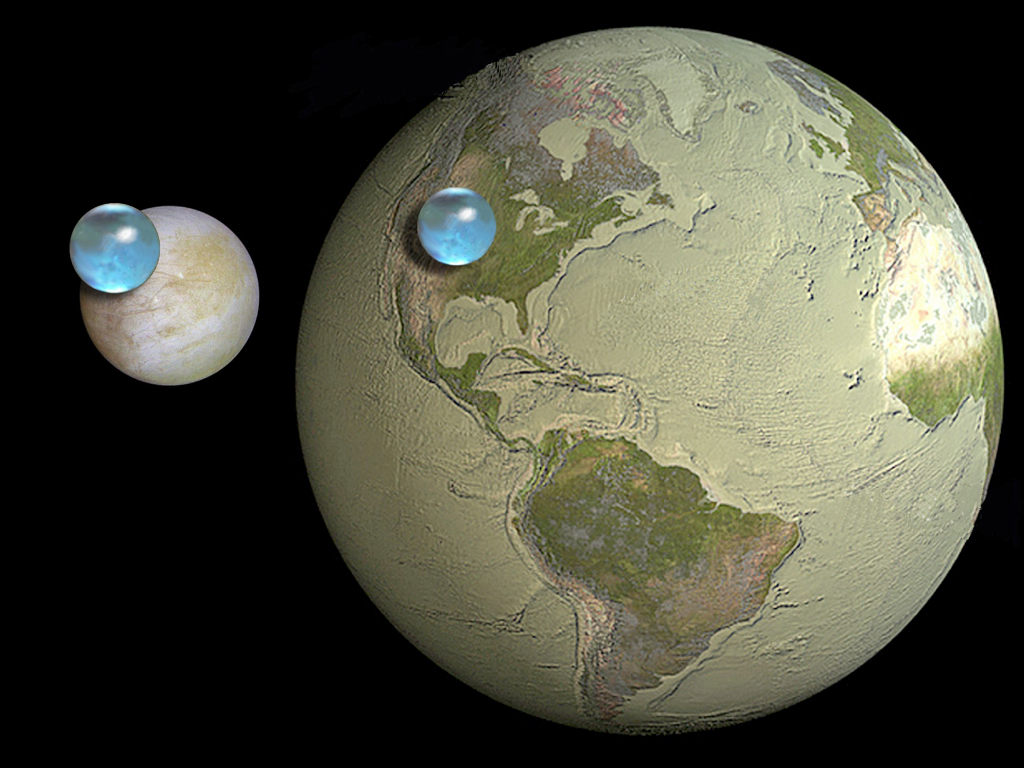
Needless to say, because of its water supply, Europa is one of the most fascinating locations in our solar system.. especially when it comes to the search for extraterrestrial life-forms. Who knows what secrets the oceans of Europa might contain, but unfortunately, it’s likely we’ll be waiting a while. As it stands, we have absolutely no idea how thick the ice even is.
[su_heading size=”25″ align=”left” margin=”10″]8. Our Water Supply Likely Came from Comets & Asteroids:[/su_heading]
Of all the fascinating things we’ve recently learned about Earth’s water, we still have no solid answer as to where all our water came from. However, among the few theories we do have dealing with its origin, the most promising suggests water was delivered to our planet by a comets and asteroids.

In this scenario, most of our water supply popped up while Earth was still forming. Actually, it was there BEFORE Earth itself was… locked up in the material — like rock grains and other heavier elements — that encircled the Sun in its proto-planetary disk. During this chaotic time in the early history of our solar system, many water molecules came to fruition. Most of this water was able to escape the young Sun’s gravity, before it was subsequently locked up in comets and asteroids, which were relegated to the outermost portion solar system, now called the Oort Cloud; where they remained for billions of years.
That is, until the “late heavy bombardment” period commenced, when many of these comets and asteroids were flung back into the inner solar system. Many of said objects crashed into our planet, leaving behind a substantial amount of water on the surface, where it remained once the Earth developed an atmosphere and ultimately cooled down to the perfect temperature for life to get a solid footing.

If true, these same comets and asteroids might also be responsible for bringing organic materials to Earth, meaning they played a much larger role in the emergence of life on our home planet.
… speaking of comets and asteroids:
[su_heading size=”25″ align=”left” margin=”10″]7. Rain Isn’t Just Rain.. It’s Space:[/su_heading]
An estimated ten thousand tons of micrometorites fall to Earth every day. Many of these microscopic pieces of rock (with tiny concentrations of iron) predate our planet…maybe even the Sun, and by proxy, our solar system, as well.
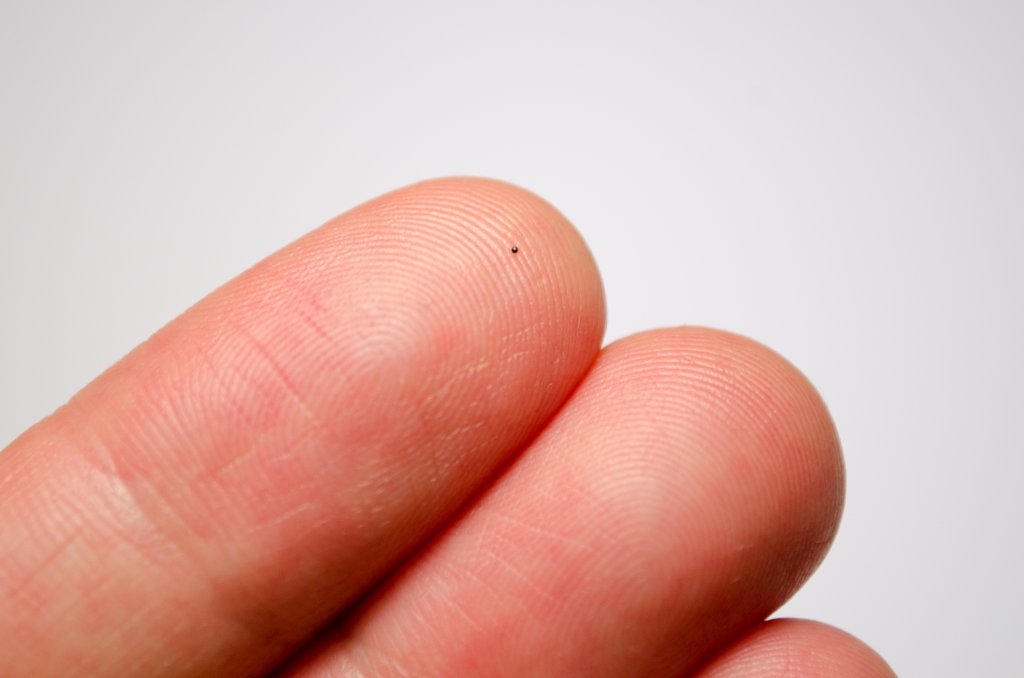
It’s believed that most (if not all) of these tiny space travelers (the pieces that manage to survive the incineration that comes when traveling through the atmosphere) wind up becoming trapped in the upper atmosphere, where water vapor subsequently pools around them… eventually coalescing into raindrops and falling to the surface as rain.
So next time you get caught in a summer rain storm…
Instead of cursing the Gods for ruining your hair, take a moment to appreciate that fact that each time you feel a rain drop hitting the side of your face, you are literally being bombarded by billions of tiny particles of stardust, which have traversed the solar system several times over. Maybe some of them were around when Mars and the Moon were formed. Others were definitely there to witness massive stars blow.
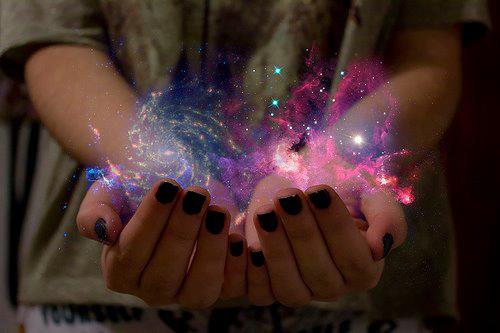
That, my friends, is why science is cool.
[su_heading size=”25″ align=”left” margin=”10″]6. There are over 10^30 Viruses in the World’s Oceans:[/su_heading]
If you are a germaphobe, you may want to skip this entry because it’s less than fun. In 2005, a paper was published in “Nature” from a biologist, who broke down the staggering amount of bacteria and viruses found in Earth’s oceans.
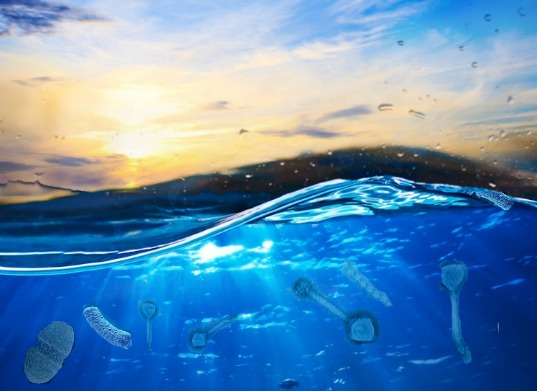
Through his research, Curtis Suttle (from the University of British Columbia) spent a significant number of years physically counting the number of viruses located in various parts of the ocean. Ultimately, he concluded that each liter of seawater contains approximately 3 billion viruses (That’s 3×109!). Considering the fact that geologists estimate that the ocean’s contain about 1.3×1021 liters of water, we get approximately 4×1030 viruses in all!
“It’s Okay to be Smart” did a wonderful webisode about this:
[iframe id=”https://www.youtube.com/watch?v=fWc46NCnldo”]
Even more interesting (or horrifying, depending on whether you are more of a “glass half empty,” or a “glass half full” kind of person) is the fact that if we stacked this colossally huge number of viruses side by side, they would span a distance of more than 10 million light-years! (One light year is 6 trillion miles. Our galaxy is 100,000 light-years in diameter. HUGE number!) Having a hard time comprehending those numbers? Well….

speaking of “life…”
[su_heading size=”25″ align=”left” margin=”10″]5. Life Can Survive in “Uninhabitable” Regions of the Ocean Floor:[/su_heading]
Most of us have a pretty good idea of the basic things we need for survivial. Obviously, we need water, food, oxygen and sunlight… all things that are imperative for “our” kind of life. or so we thought…
Imagine the surprise of biologists — who set out to explore some of the mosh harsh places on Earth, which just so happen to lie deep on the ocean floor — when they made the discovery of a lifetime. Instead of finding sunken treasure (or rusted beer cans), the team found, what can only be described as, alien lifeforms. Some of them, described as “tube-like” worms, were about 3-feet in length, with no eyes, mouth or intestines.

Other “alien” forms of bacteria were found thriving INSIDE of the hydrothermal vents, which are located more than 2,000 meters below sea level, on the ocean floor! Not only is there no sunlight to be seen here (ergo, there’s no photosynthesis), but the pressures are much stronger than those felt on the surface. (The temperatures can even exceed 400 degrees Celsius, or around the boiling point of water, in many locations) To survive, some of the lifeforms have taken to extracting energy from hydrogen sulfide; a phenomenon called “chemical synthesis.”
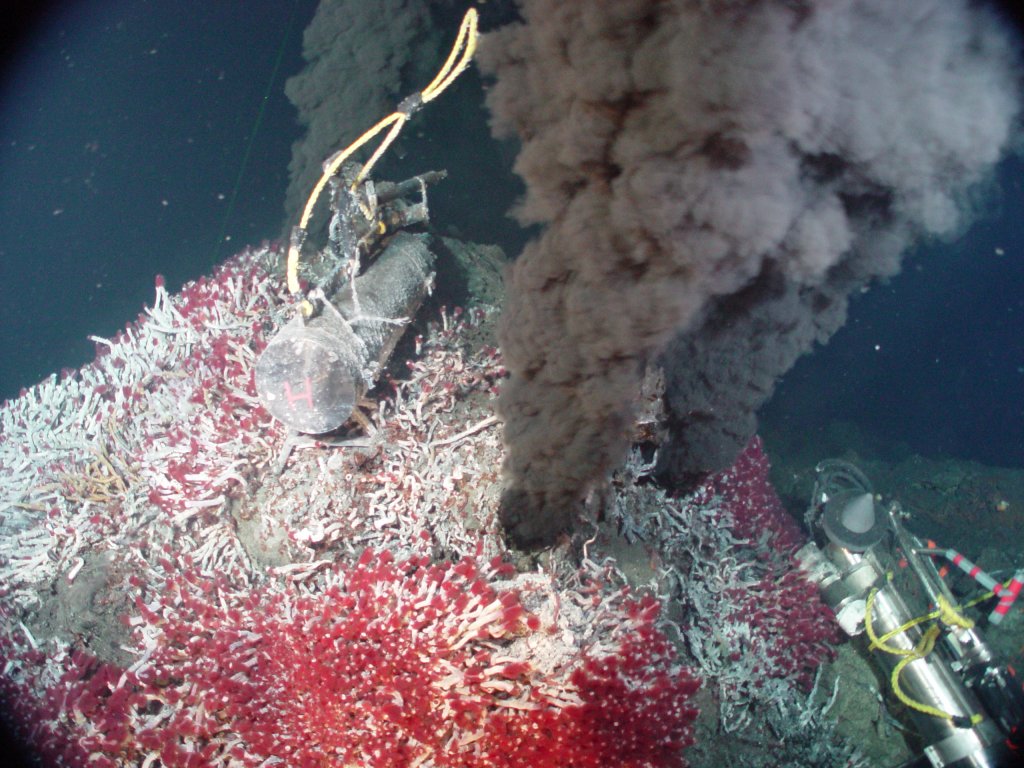
These creatures present an interesting question: If lifeforms can thrive in purportedly uninhabitable places on Earth, could other planets out there — those that we completely look over and ignore — be TEEMING with life that’s so different, it’s pretty much unrecognizable?
Perhaps, instead of harboring carbon-based lifeforms, these creatures have an entirely different, silicon-based biochemistry? If the possibility of such creatures existing sounds frightening, don’t worry. Many astrobiologists believe they wouldn’t have a taste for homosapiens, but they may very well be interested in eating our buildings.
[su_heading size=”25″ align=”left” margin=”10″]4. There Are More Water Molecules in a Pint of Water Than Pints of Water in the Ocean:[/su_heading]
Bare with me for a moment here. I want to perform a thought experiment really quickly.
If you were to take a fancy schmancy bottle of water to the beach and dumped the entire bottle of water into the ocean, do you think a single molecule would be the same if you traveled to the other side of the world and gathered EXACTLY the same amount of water you dumped in? Probably not, right?After all, as we have established, there is a LOT of water in the ocean. What are the odds?

As it turns out, the odds are pretty darn good that you would not only find one identical molecule of water, but a number somewhere in the quadruple digits. (about 8,000 exactly) How can this be? Well lots of complicated numbers say, to put it simply, that a pint of water has a LOT of molecules in it. In fact, there are more molecules in a pint of water than their are pints of water in all of the Earth’s oceans.
Following a similar train of thought….
[su_heading size=”25″ align=”left” margin=”10″]3. Some of the water molecules we consume were once drank by dinosaurs:[/su_heading]
As most of us were taught in elementary school, Earth has a pretty intricate water cycle, which sees water evaporate, before being re-released as precipitation. (Obviously, we’re skipping a few steps here.) This essentially means that water is continuously recycled. However, water molecules themselves can, and do, change form over the course of time. (Specifically, they can change forms from a solid, to a gas and to a liquid before restarting.)
In some cases, water molecules can be broken down into their constituent parts (hydrogen and oxygen) by things like photosynthesis and radiation from the Sun. Some are rather resilient and can survive for a long time before being broken down. (We’ve also found several ancient riverbeds that contain water molecules that have been around since the dinosaurs roamed the Earth)

Since we already established that water molecules are tiny and numerous, we must calculate the amount of water molecules still around from the dinosaur age. According to scientists, plants consume more than 12,000 billion kg of water each year. with the total amount of water estimated around 1400 billion billion kg. (Most of our water becomes chemically destroyed before rebonding every 100 million years or so) Considering the fact that the dinosaurs lived about 65 million years ago, our estimates say that MORE than half of the molecules in our water (about 57%) were once ingested by the dinosaurs.
Or if you prefer, some of the newer molecules found in your drinking water passed through the bladder of Einstein, Shakespeare, Cleopatra, Sir Issac Newton and maybe even Confucius himself… pretty much anyone you can think of.
[su_heading size=”25″ align=”left” margin=”10″]2. If the Earth Stopped Spinning, all of our water would pool at the poles:[/su_heading]
It would be very, very bad if the Earth suddenly stopped spinning. (No joke.. we would die.) Among the many awful things that would happen pretty much instantaneously — like drastic changes in the weather; the shape of the planet becoming disfigured and notable changes in atmospheric pressures — the concentration of water would change too. (Not to mention the fact that Earth would essentially become tidally locked to the sun; with one side basked in perpetual daytime and the other experiencing never-ending night.)
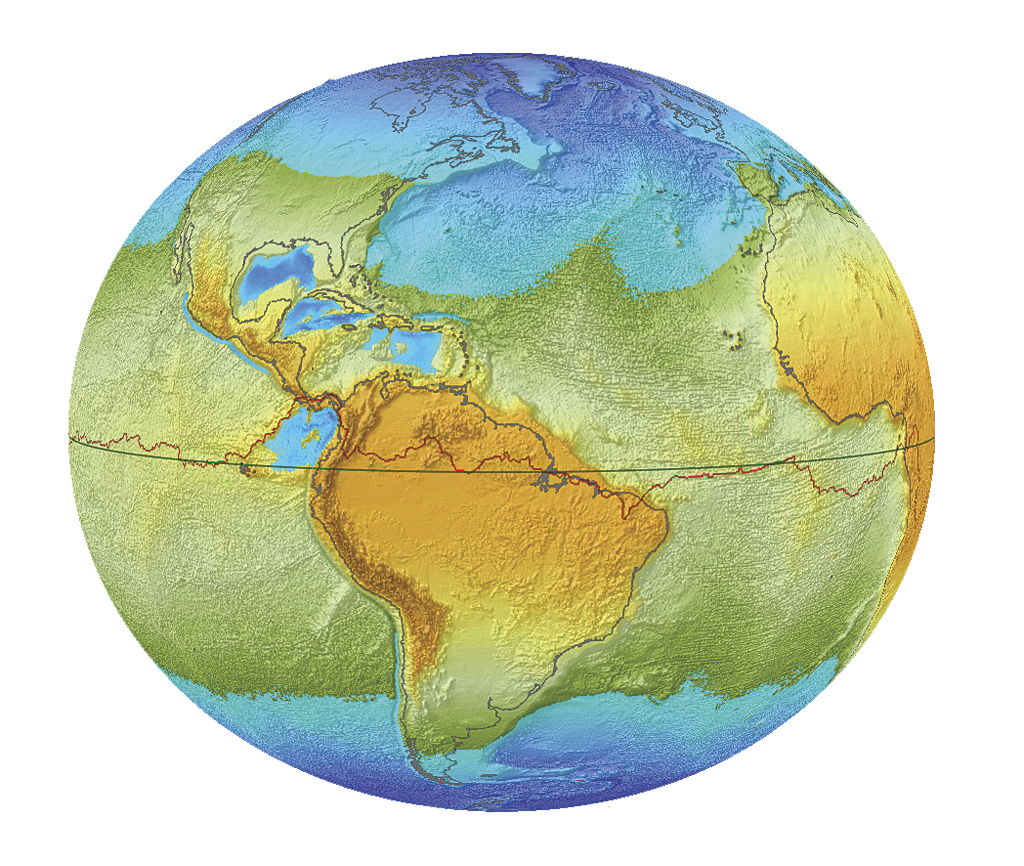
Within the first few moments after the Earth stopped rotating, all of the water in the oceans would begin to shift from the equator to the poles — eventually causing all of our water to pool into two “super oceans.” This would prove problematic, as equatorial regions (those that are located near the equator) would no longer have water, whilst the populace located near the poles would be pretty much drown.
Since we’re on the subject of the Earth’s rotation…
[su_heading size=”25″ align=”left” margin=”10″]1. Superdams Can Alter the Earth’s Rotation:[/su_heading]
We most certainly saved the best, and most unbelievable, entry for the last. It certainly warrants some serious discussion on the environmental dangers posed by some modern technologies. Over the course of the last 40 or 50 years, we have been making serious adjustments to the way in which we generate energy. One such advancement has been in the form of massive, hydroelectric dams, which are generally expensive, but that’s okay because they are a clean source of energy. It seems like a good investment, but then there’s the fact that the darn things can actually alter Earth’s orbital rotation.
The most glaring example is China’s “Three Gorges Dam.” This heavy weight, when filled, contains more than 39 trillion kilograms (42 billion tons) of water spread out over 39.3 cu km (9.43 cubic miles). Such a huge shift in mass distribution in respect to the Earth’s rotation has increased the length of a single day by 0.06 microseconds. JUST WITH THE THREE GORGES DAM.
That number is miniscule alone.. I know… but given the fact that several other things have already changed Earth’s spin (like the moon gradually receding from Earth), it’s a wee bit disconcerting.
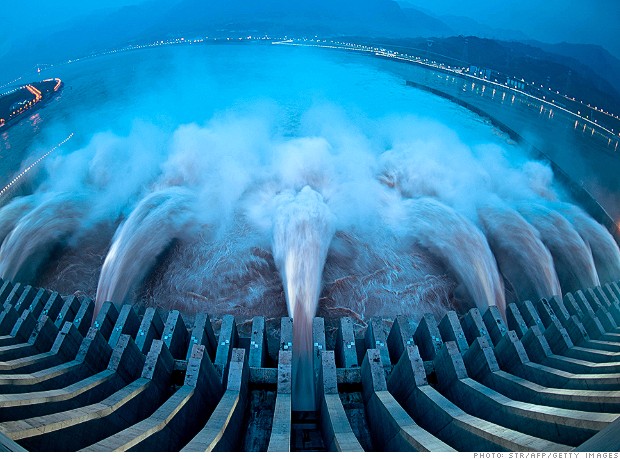
The Earth is far greater than the sum of its individual parts. If one thing changes, it may be inconsequential, but when you mess with so many important things, the outcome might. be less than desirable “There must always be a balance,” as many have said. It’s our responsibility to do just that.